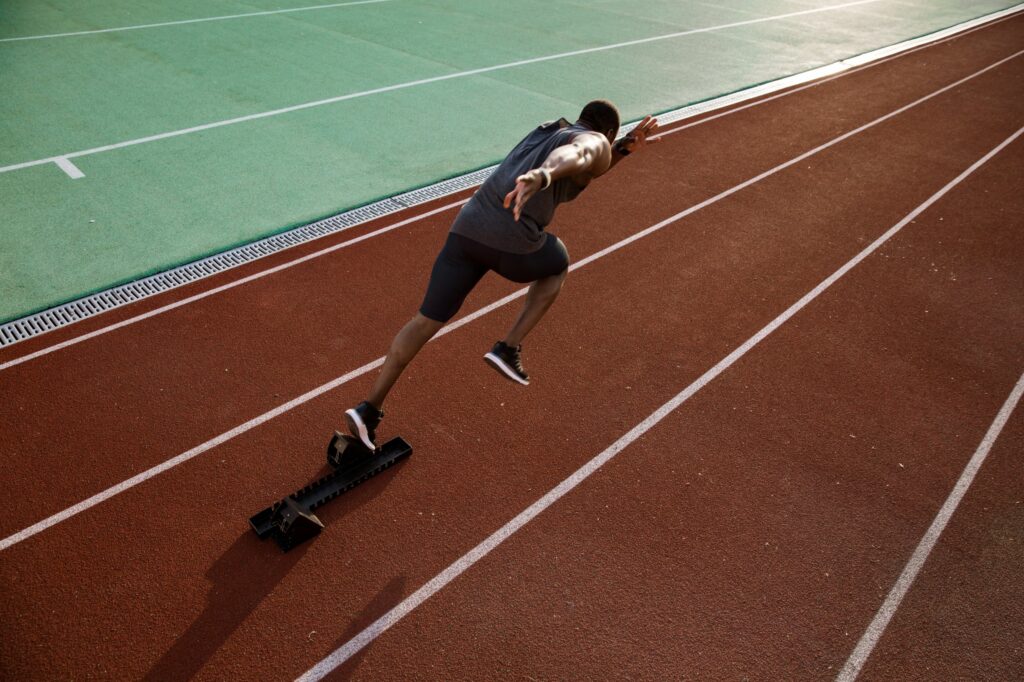Efficacy of napping on sport performance
A systematic review and meta-analysis of available research determined that a 30-60 minute afternoon nap has a beneficial impact on physical performance. An afternoon nap also promotes improved cognitive performance and reduces perceived fatigue after sport activity.
Nicotine and elite sport
The use of nicotine by athletes has not been thoroughly examined. A recent study found that 1 in 5 athletes, from a range of 90 different sports, tested positive for nicotine in-competition. Positivity rates were lower in endurance sports than power-based ones, and lower in individual sports than team sports. These findings suggest that WADA…
All that glitters is not gold: The rising threat of competition manipulation

You’d be hard pressed to visit a large Canadian city these days and not see a billboard for sports gambling. Maybe you’ve noticed a similar trend while watching TV, of athletes and celebrities telling us not only which sports books to use, but how easy it is to bet on games across different sports and…
Canadian high performance athletes’ use of retirement resources

Earning a roster position as a nationally carded athlete is no easy task (“carding” refers to financial assistance from Sport Canada’s Athlete Assistance Program). Athletes spend years working on their craft to represent Canada on the international stage. The length of time spent in the role as a national athlete varies across sports and between…
In addition to warming up, “priming” may help athletes perform
Everyone knows to warm up before competing, but have you heard of “priming” beforehand? Priming is a round of non-tiring exercise that is done the day before or morning of a competition. Research shows priming may improve performance, as well as reduce athlete pre-competition stress.
Cannabis and sport: What athletes and sport organizations need to know
Highlights With the exception of CBD, cannabinoids remain prohibited by the Canadian Centre for Ethics in Sport during the competition phase of the athletic season and therefore are not to be used by athletes Although some cannabis and CBD products may be suggested to have the potential to aid with recovery or sports performance, very…
Earth Day in the sport sector
Tomorrow is Earth Day and the sport sector has a role in protecting our environment and embracing sustainability. The Canadian Olympic Committee has compiled a list of “Team Canada Climate Action Resources” that showcases how Team Canada is doing its part to protect the planet.
Promoting integrity in education to support fair sport
Researchers suggest that the best way to promote fair sport is to move away from a solely doping-centric focus towards promoting high levels of integrity. In this 2022 article, researchers question the usefulness of the term “clean sport,” which is theorized differently as “drug-free sport” versus “cheating-free” sport.
Access to sport mental health resources
According to 4-time Olympian and mental health advocate Clara Hughes, “[mental health] resources need to be more readily available and clearly laid out as to what they are, where they are and how to access them.” To address this gap, the Mental Health Strategy for High Performance Sport in Canada aims to equip sport participants,…
Mental health supports for NSOs
You don’t necessarily need a sport-specific mental health strategy or specialized staff to make an impact in the mental health space. Consistently and frequently communicating to athletes, coaches and support staff what mental health supports are available at no cost or subsidized cost, such as Game Plan or Lifeworks, is an easy and cheap place…